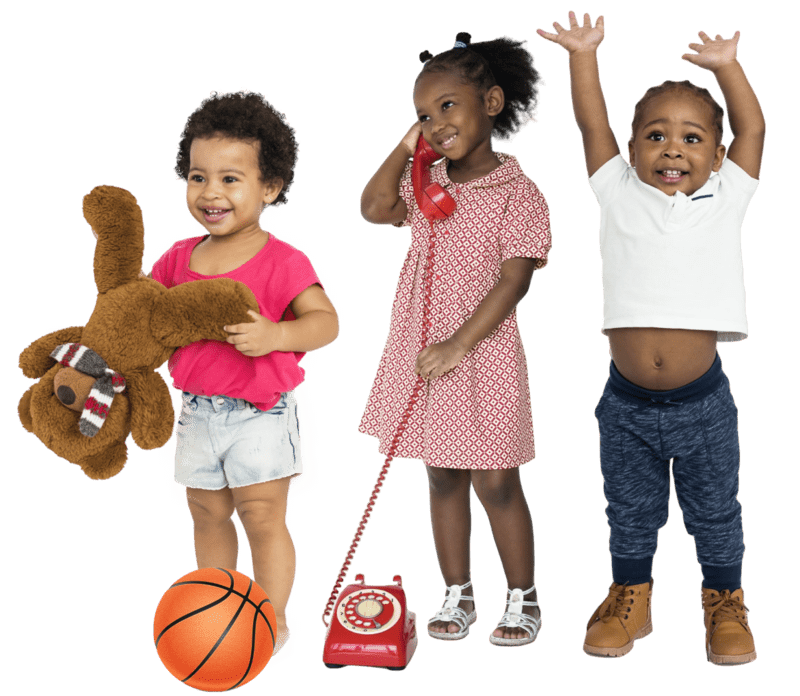
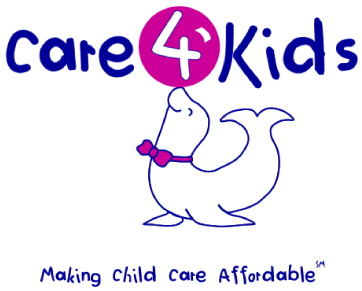
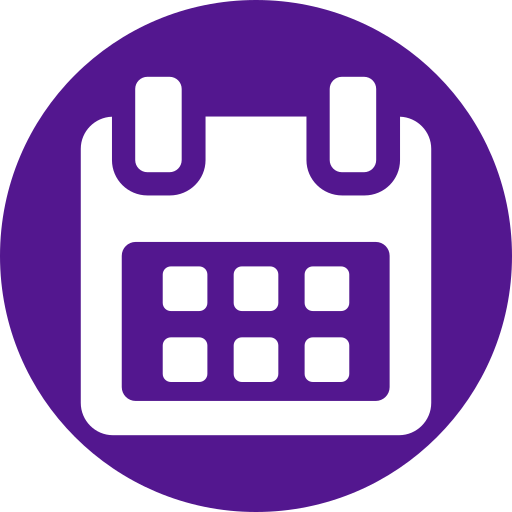
All-day, all-year day care

Preschool

Homelike Setting
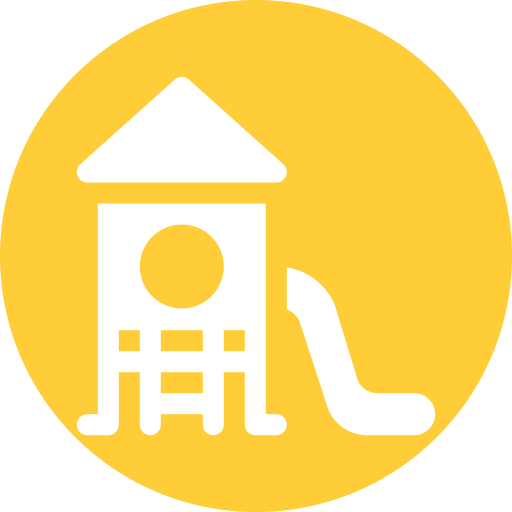
Age-appropriate play areas
Our curriculum introduces learning based on the emotional and cognitive readiness of each child. We also respect the importance of free play and natural curiosity as a basis for learning experiences.This is the Way focuses on three important developmental learning areas: socio-emotional, cognitive and physical development. Through attention to these areas, an integrated and effective developmental approach to learning is achieved.
We offer before and after school programs. This program is designed to keep you child’s mind active in a fun and relaxed setting during the hours before school and after school. We have bus pickup and drop off for Henry Barnard School.
At Play to learn, children gain independence and self-control by learning to trust others and by learning the appropriate ways to take initiative while respecting others. Children are also encouraged to make decisions, use reasoning skills, practice listening, explore their environment and express, understand and handle their feelings. They are also guided to expand their attention by choosing to persevere at specific tasks for extended times.
We focus on helping young children enhance self-esteem, exhibit positive attitudes and demonstrate pro-social behavior. This is achieved by encouraging children to help each other, giving them words they can use to express how they feel and encouraging cooperation instead of competition.
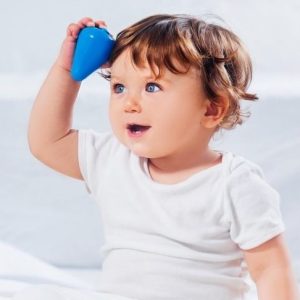
Emotional Development
Social Development
Physical Development Gross Motor
Fine Motor
Cognitive Development
Language

Emotional Development
Social Development & Living
Physical Development Gross Motor
Fine Motor
Language Receptive Skills
Expressive Skills

Emotional Development
Social Development & Living
Physical Development Gross Motor
Fine Motor
Cognitive Development
Language Development
Reading Readiness
Science
Pre math Skills
Art, Music & Movement

Emotional Development
Social Development & Living
Physical Development Gross Motor
Fine Motor
Cognitive Development Concept Development
Verbal and Written Language
Reading Readiness & Literature
Science
Premath Skills
Art, Music & Movement
Gross motor development includes activities like throwing, catching, skipping, climbing and balancing. The Play to learn environment provides a safe space, equipment and plenty of time for children to practice new skills. Mastering gross motor skills leads to the ability to gain fine muscle control and coordination. Fine motor skills are refined through activities like building block towers, stringing beads, drawing circles and placing pegs in holes. When children string beads, learn to zip, or line up shells, they are refining their eye-hand coordination, their small muscle skills and their sense of direction. Developing these skills lays the foundation for cognitive abilities needed for reading, writing and math. Play to learn focuses on helping young children enhance their gross and fine motor skills and use all senses in learning. This can be achieved by scheduling time for active play every day, and using a variety of materials and equipment that require children to use their new motor skills. By focusing on children’s socio-emotional, cognitive and physical growth,Play to learn promotes an effective developmental approach to learning.
Children learn by doing. They learn simple concepts, then build on them to tackle bigger and more complex tasks and ideas. By using their senses, infants and toddlers discover that objects have weight, volume, color and texture. Preschoolers and kindergartners learn by interacting with materials and with other people. Language development is an important cognitive skill. As infants learn that sounds have meaning, they begin to practice cooing and babbling and producing their own sounds. This leads to being able to understand and respond to words and they begin to name objects. As they grow, toddlers expand their vocabulary by listening to family members, teachers and other children. Preschoolers use words as symbols for people, things, movements, feelings and ideas. They also develop the ability to talk about their observations as they explore the world. This is the beginning of emerging literacy. At this stage of their early childhood development, young children learn to group and classify things. This includes descriptive classifications like size, color and shape. The ability to classify is a critical thinking skill that allows children to make sense of their experiences and the world around them. Through the development of language and the ability to think in terms of classes, numbers and relationships, children acquire the foundation for such abstract skills as reading, writing and computing. This is the Way focuses on helping young children acquire learning and problem solving skills, expand logical thinking skills, acquire concepts leading to a fuller understanding of the immediate world, participate in make-believe play, expand verbal communications skills, and develop beginning reading and writing skills. Ways to facilitate these learning processes include calling attention to sensory experiences during the course of the day, comments on a child’s ideas, or providing basins of water so that children can see what sinks and what floats.
© 2024 Play to learn | Privacy Policy | Powered by Classroom Panda LLC